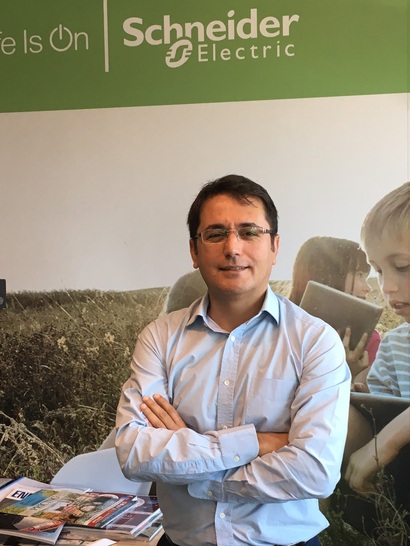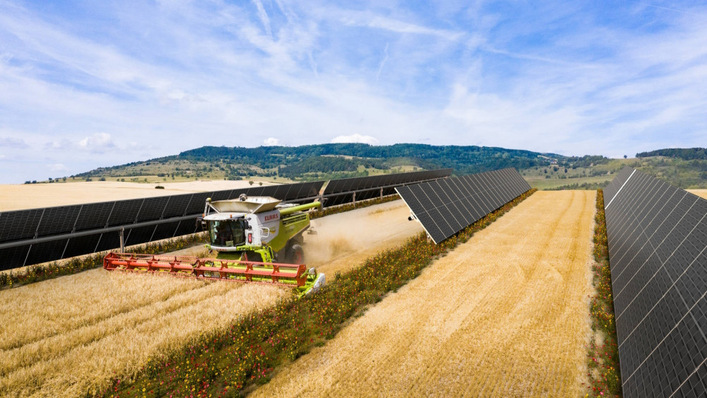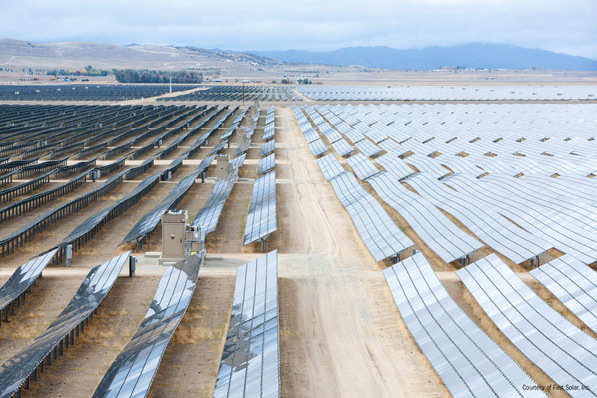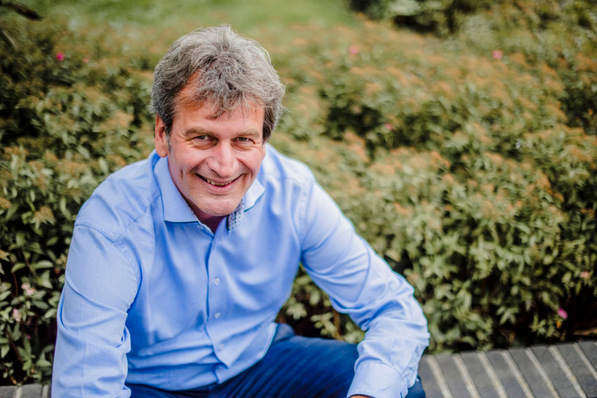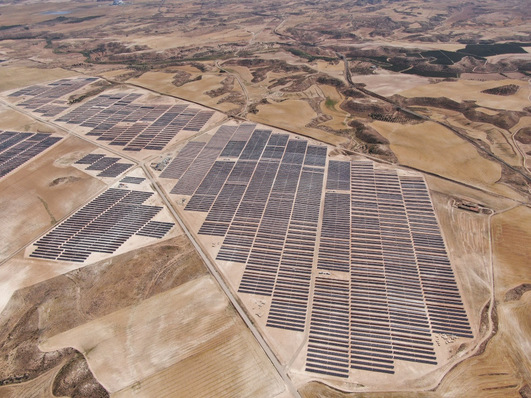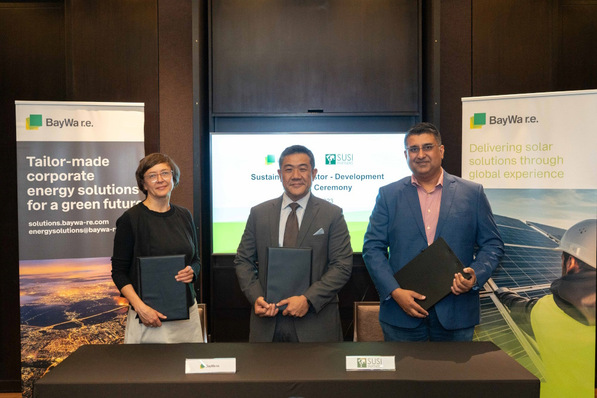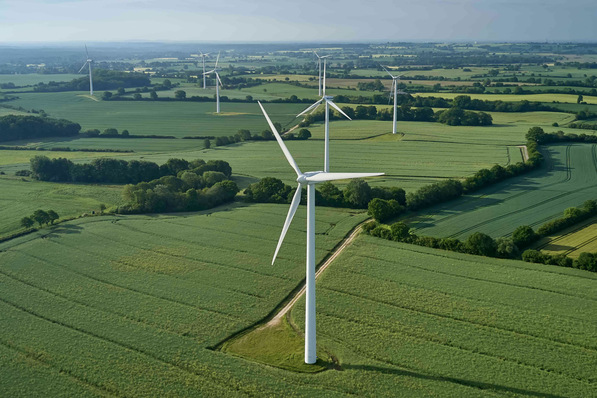How are your expectations for this year`s photovoltaic market growth in Turkey?
I am expecting the PV market in Turkey to reach up to 750 MW installed capacity. All is connected to the grid through the 13.3 US-Cents/kWh feed-in-tariff. Each project is allowed to have 1 MW maximum capacity.
Do you also see a trend for smaller commercial or residential rooftop installations?
The main motivation for rooftop projects is to sell the power to the grid, not self-consumption. There will be some more projects based on the same scheme. Self -consumption is not yet on the horizon to be a major market. Except a few installations.
Is self-consumption combined with storage already a business model?
No yet, there are some exceptions of course, but this is not a major market. We need simpler legislation. It`s too complicated at the moment.
In which market segments are you mainly active?
In all segments, but due to the nature of the market, we are more active in ground-mounted, grid connected projects.
Do the average installation costs differ significantly compared to more mature markets like Germany?
Labour is 40-50 percent cheaper in Turkey. Local mechanical structures are around 15-20 percent cheaper as well. The medium voltage equipments like transformators and switchgears are around 10 percent cheaper. Engineering and design works are also cheaper by 20 percent. However, the financing costs are higher with six percent interest rate. Most of the time there is no non-recourse financing. Banks can not actively support the investors. The investments mostly depend on the financial strengths, this means ready cash of the investors:
Is there a need for more qualified solar installers in Turkey?
From now on, I don`t think really. Many local EPC companies have already developed joint ventures with International EPC companies and built numbers of projects. So we have already accumulated know-how. However, these international EPC companies rely on their Turkish partners on the medium voltage side. And the products chosen on this part are quite poor. They will see several troubles here. It is not because of the lack of know-how, but they go for cheaper solutions.
Who is installing your systems, who are your local contractors?
In fact, the EPC companies themselves install. We do the commissioning. If we sign an electrical EPC contract, then we do the installations and connect to the grid. Otherwise the EPCs are responsible for all.
What are the main driving factors for further market growth of PV?
Things are a bit complicated at the moment. Within the last eight months, we have seen several changes in solar legislation. Investors are confused at the moment. In November, a new government and a new energy minister were appointed as you know. In November import supervisions were brought in for imported panels, or 350.000 Euro would be paid as additional value-added tax (VAT) per MW. Investors at that time were not affected since they had Investment Support Certificates and holders of this certificate were not subject to VAT. This June solar Panels were taken out from the content of Investment Support Certificates. That means they will now have to pay a VAT of around 350.000 Euro per MW, which is too high, or go for local products. And in March 2016, a new legislation almost stopped the License Free projects. It is a bit detailed, but as a summary you may assume that there will be no more new Licenses granted under License Free scheme. And two weeks ago, an antidumping investigation has started against PV panel imports from China. On top of everything, the Minister several times mentioned that they want local panel production. Now the target is, I think, to group solar projects in two or three big regions, and with bigger capacities. I think now we will have solar projects with at least 100 MW capacity each. Secondary legislation is not ready yet, but I expect that the solar PV market in Turkey will change dramatically
What are main bottlenecks for the market growth?
Uncertainity on the legislation side, frequent changes in legislation, and finance.
Do you think the investments conditions and perspectives for photovoltaics in Turkey will be negatively affected by the current turmoil in your country?
This is an important question, however difficult to answer. There are two aspects of this question. From an operational point of view things are the same as they were. Nothing is affected in a bad way. Investors have the full trust in terms of legislation, FiT, investment security, payback, operational safety, protection of property rights and so on. I mean we already had some issues due to legislation, but it does not have anything to do with last week's coup attempt. So things are not worse or you could say stable in the first part. As I have mentioned before finance is the other challenge in solar business in Turkey. Here I am afraid things may go worse. You may expect; increasing interest rates, less willingness of the International and local financial insititutions, less attention from international investors due to increasing perception of an unstable political and economic status, I guess we have a higher country risk at the moment, so it may get worse.
Interviewed by Hans-Christoph Neidlein
Related news:
http://www.pveurope.eu/News/Markets-Money/KACO-new-energy-expects-to-sell-150-MW-in-2016-in-Turkey

